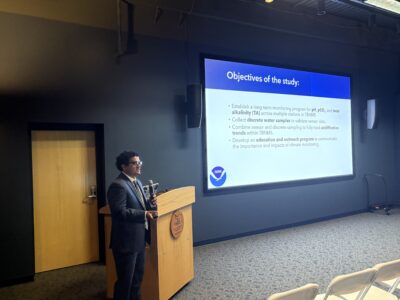MyMichigan Health encourages precaution amid high temperatures
According to a MyMichigan Health press release, the National Weather Service has indicated an increased heat risk for Michigan this week. In periods of extreme heat, like this one, emergency room visits and heat-related deaths can spike. MyMichigan Health encourages its communities to stay informed and take necessary precautions from the dangers of high temperatures.
“Heat is one of the leading weather-related killers in the United States, with over a thousand deaths each year,” Paul Berg, chief medical officer and senior vice president of MyMichigan Health, said in the release. “Extreme heat puts strain on organs, including the heart, lungs, and kidneys. It can also worsen health risks from chronic conditions, like asthma and diabetes. That’s why it’s important to protect yourself and others when it’s hot outside by staying cool, staying hydrated, and staying informed.”
Symptoms of heat-related illness can include muscle cramping, unusually heavy sweating, shortness of breath, dizziness, headaches, weakness, or nausea.
“Although anyone at any time can suffer a heat-related illness, some people are at greater risk than others,” Berg said. “Some groups that may have to take additional action on hot days include: people, especially children, with asthma; people with heart disease; pregnant women; people 65 years of age or older; people who are working or exercising outside in the heat, and infants and young children.”
If the National Weather Service’s HeatRisk is red or higher, MyMichigan Health recommends that people stay cool, stay hydrated, and stay informed.
If outside, people should wear sunscreen, choose lightweight, loose-fitting clothing, stay in the shade as much as possible, take breaks and do outdoor activities during the coolest parts of the day or evening. When indoors use fans, but only if indoor temperatures are less than 90 degrees (a fan can increase body temperature when it is above 90 degrees), use air conditioning, use the stove and oven less, and take a cool shower or bath to cool off.
“During extreme weather events, we all need to watch out for people around us,” Berg said. “Keep a close eye on young children, be sure to check on elderly neighbors and others in our communities who may need help.”



